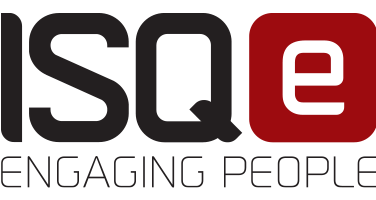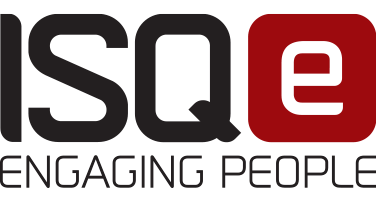11 Jan Performance Appraisal – Which Best Applies to Your Organization?
Performance evaluation
WHICH APPLIES BEST TO YOUR ORGANIZATION?
Performance evaluation is one of the most important processes in an organization, as it is only through this tool that we can know the best that an employee has done and given to the company and what should be worked on, thus ensuring that teams are aligned with the organization's values and that progress towards continuous improvement achieving better results and greater productivity.
Currently, there are several types of performance evaluation and the doubt often involves deciding which method is more impartial and free from value judgments on the part of those who evaluate. Through the Cornerstone management platform, ISQe's partner, we can create and manage various types of assessment and even assign different assessments depending on the role in the organization. But the question is, which one applies best to your organization?
1. Assessment by competences – through a library of dynamic competences we can carry out an assessment of the individual competences of employees and create a competence matrix where it is possible, in a quick way, to see which competences are associated with each function in the organization. This method allows us to create a development plan for the skills that need to be improved.
2. Evaluation by Objectives – Objectives are used to identify and formalize the achievements that the employee must achieve during a specific period. In this assessment we can integrate individual, departmental and organizational objectives. Each one with its weight in the final evaluation of the employee.
3. Evaluation by the Direct Manager / 90 degrees – in this evaluation, a task is launched for each of the direct employees of the manager, where the manager evaluates each one of them based on the defined questionnaire. The performance of each employee is evaluated exclusively by their direct supervisor.
4. Performance appraisal 180 – this is one of the most used appraisals by our customers, appraisal 180 where the employee and the manager carry out the same appraisal independently. Three steps are created:
self-assessment, management assessment and knowledge/meeting. HR often performs an approval/validation prior to reporting results.
5. 360 performance evaluation – this evaluation is the most complete and richest of all evaluations, where it is possible to obtain information from several interlocutors who maintain a direct interaction with the evaluated person, from the supervisor/leader, to colleagues or collaborators, from peers , etc.
6. Self-assessment – The employee has to make an assessment of himself and characterize/evaluate his own performance, efficiency and effectiveness, ensuring that he can specify his strengths and points of improvement. The results are discussed with the direct manager or HR with the aim of developing an improvement plan for less developed areas.
7. Assessment by values – we added this type of assessment because we noticed that it is becoming a trend in organizations, some of our clients are switching from assessment of competences to assessment of company/individual/motivational values. Here the basis can be the same as the one we apply in a competence assessment and we just change the indicator that is evaluated.
If in your Organization the evaluation is not punctual, but throughout the year, in line with all the above methods is the continuous evaluation, which allows at any time to carry out a meeting to analyze objectives, provide feedback or follow-up on tasks. assigned to its employees.
All these types of evaluation are customized to the client's reality, guaranteeing anonymization when necessary and sharing as well. As Cornerstone is a unified human resources management system, this information can be worked with other areas, namely training and succession, having a view of the employee's progression over time in a single place. Now all that's left to do is decide whether to keep it the same or if it's time for a change!



